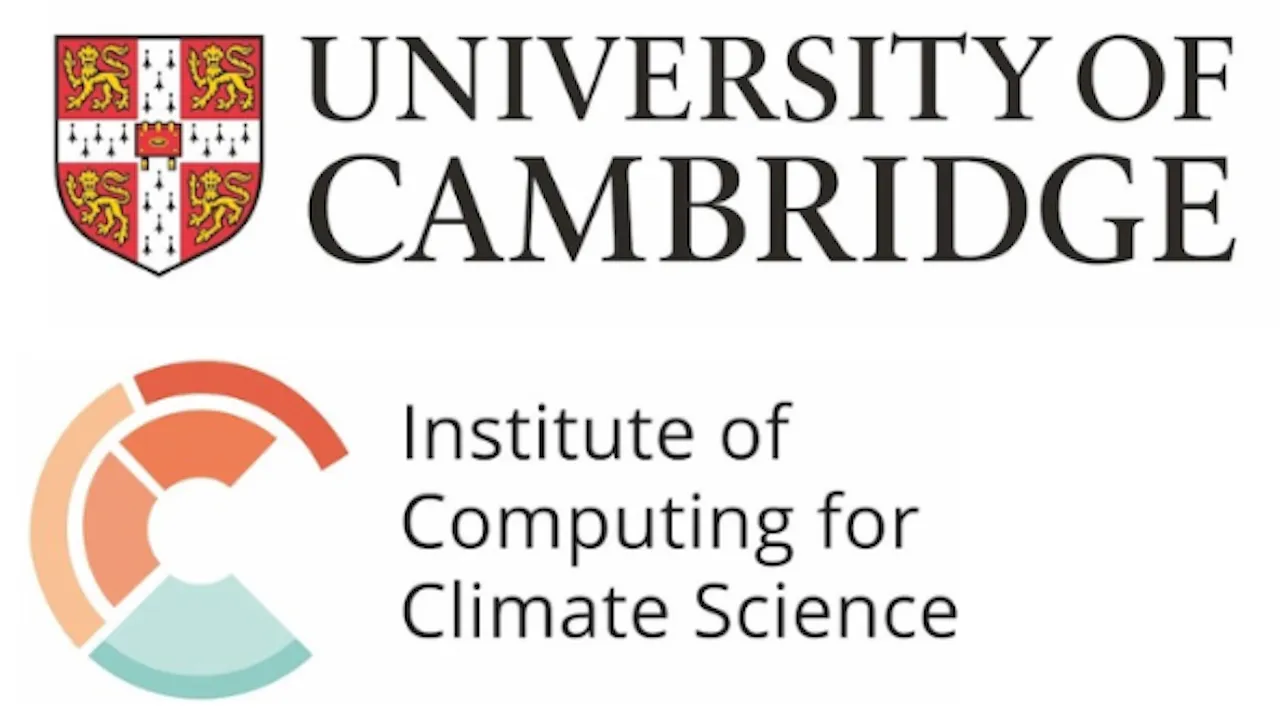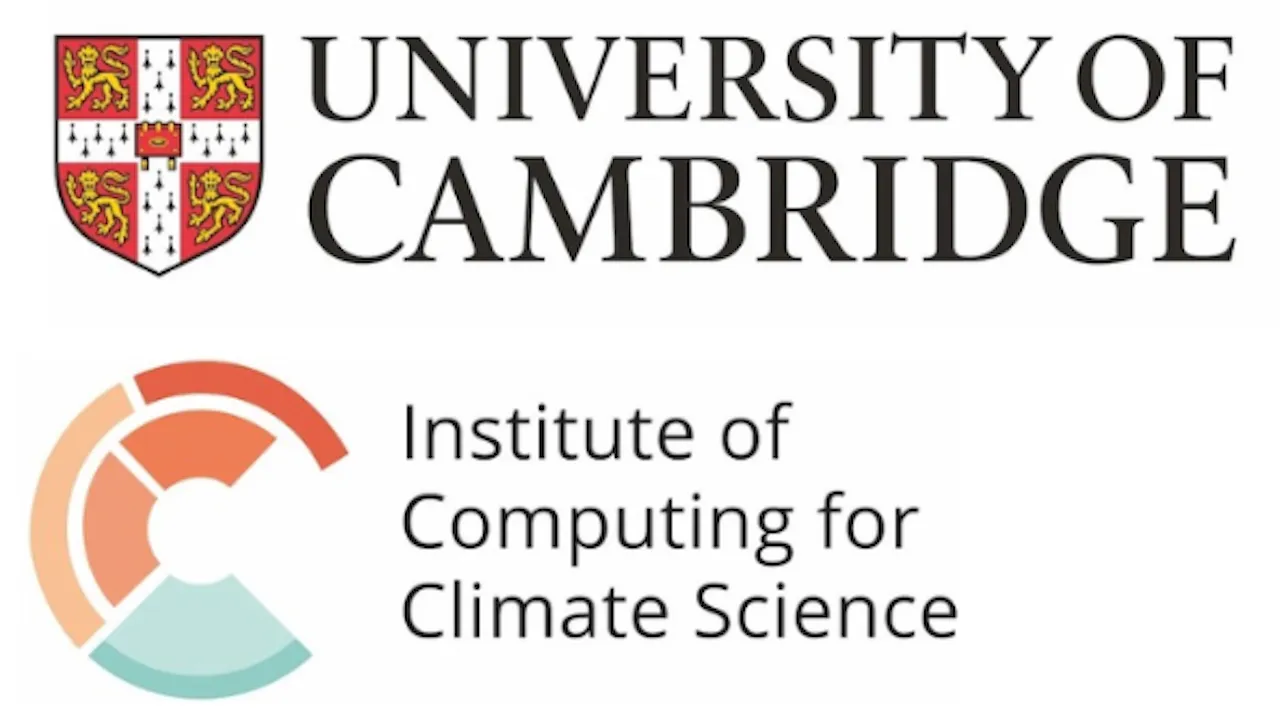

Benchmarking Platform for Machine Learning Based Spinup of Ocean Model NEMO
Tuesday, June 10, 2025 3:00 PM to Thursday, June 12, 2025 4:00 PM · 2 days 1 hr. (Europe/Berlin)
Foyer D-G - 2nd floor
Project Poster
HPC Simulations enhanced by Machine LearningML Systems and Tools
Information
Poster is on display.
Our work introduces a benchmarking platform to evaluate machine learning (ML)-based spinup processes for the ocean model NEMO. Spinup is a process that involves initialising a computational model (NEMO) and simulates years of conditions till the data generated is stable and consistent. The process requires substantial computational resources and time. By leveraging ML techniques, the platform aims to significantly reduce these demands.
The proposed ML-based spinup employs a two-step process: Principal Component Analysis (PCA) for dimensionality reduction and Gaussian Process (GP) for prediction. PCA decomposes key ocean variables—sea surface height (SSH), salinity, and temperature—into principal components represnting ky trends. The identified trends are then used as inputs to the GP model, which predicts future states of SSH, salinity, and temperature. These predicted states are then saved as restart files which act as checkpoints to save model states and is further fed as input to the NEMO model for continuous simulation.
To ensure regressive evaluation, the platform incorporates "The Three Pillars" of assessment - Physical Integrity, that verifies adherence to physical laws of the system (b) Computational Integrity, addressing stability of the model and (c) Simulation Behaviour, exploring the impacts of uncertainty quantification and model divergence.
The software package for this platform integrates infrastructure development, robust data management, performance metrics, and detailed user documentation. Future development includes containerising the pipeline via Docker, experimenting with alternative ML methods, and generalising the platform for other ocean models such as GCM.
This project, a collaborative effort between the Institute of Computing for Climate Science (ICCS) and LOCEAN-IPSL, highlights the potential of ML-driven solutions in advancing ocean modeling. By streamlining the spinup process, this platform would help accelerates climate simulations but would also open pathways to explore a wider range of possible oceanographic scenarios with greater efficiency.
Our work introduces a benchmarking platform to evaluate machine learning (ML)-based spinup processes for the ocean model NEMO. Spinup is a process that involves initialising a computational model (NEMO) and simulates years of conditions till the data generated is stable and consistent. The process requires substantial computational resources and time. By leveraging ML techniques, the platform aims to significantly reduce these demands.
The proposed ML-based spinup employs a two-step process: Principal Component Analysis (PCA) for dimensionality reduction and Gaussian Process (GP) for prediction. PCA decomposes key ocean variables—sea surface height (SSH), salinity, and temperature—into principal components represnting ky trends. The identified trends are then used as inputs to the GP model, which predicts future states of SSH, salinity, and temperature. These predicted states are then saved as restart files which act as checkpoints to save model states and is further fed as input to the NEMO model for continuous simulation.
To ensure regressive evaluation, the platform incorporates "The Three Pillars" of assessment - Physical Integrity, that verifies adherence to physical laws of the system (b) Computational Integrity, addressing stability of the model and (c) Simulation Behaviour, exploring the impacts of uncertainty quantification and model divergence.
The software package for this platform integrates infrastructure development, robust data management, performance metrics, and detailed user documentation. Future development includes containerising the pipeline via Docker, experimenting with alternative ML methods, and generalising the platform for other ocean models such as GCM.
This project, a collaborative effort between the Institute of Computing for Climate Science (ICCS) and LOCEAN-IPSL, highlights the potential of ML-driven solutions in advancing ocean modeling. By streamlining the spinup process, this platform would help accelerates climate simulations but would also open pathways to explore a wider range of possible oceanographic scenarios with greater efficiency.
Format
On DemandOn Site
